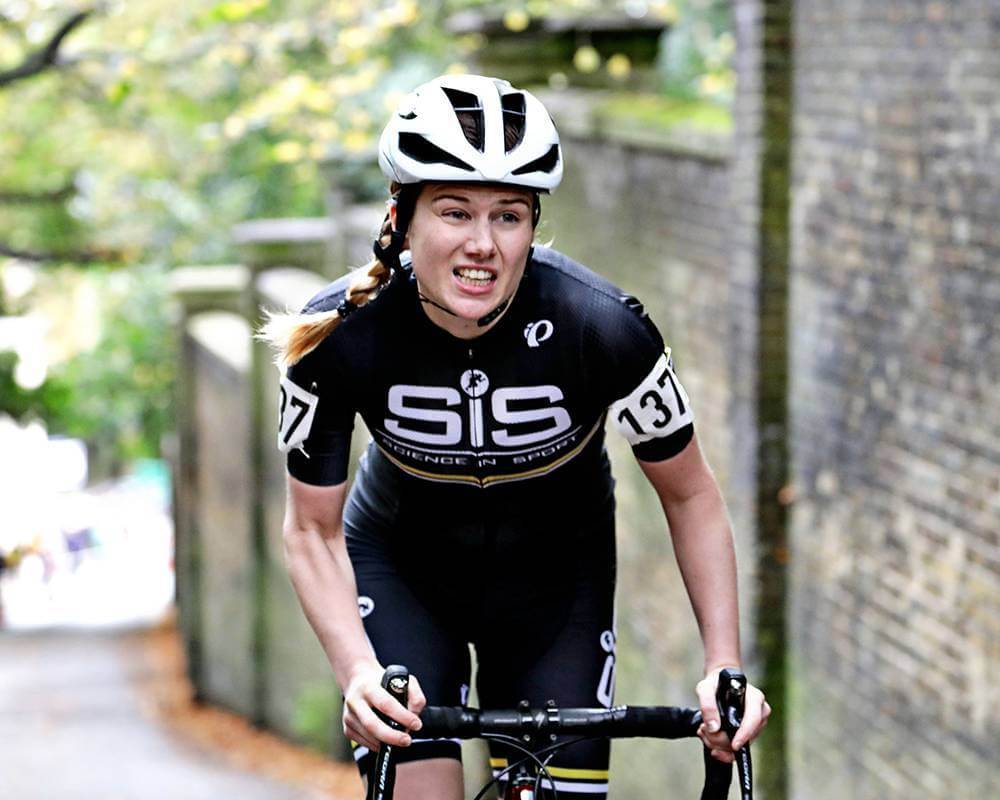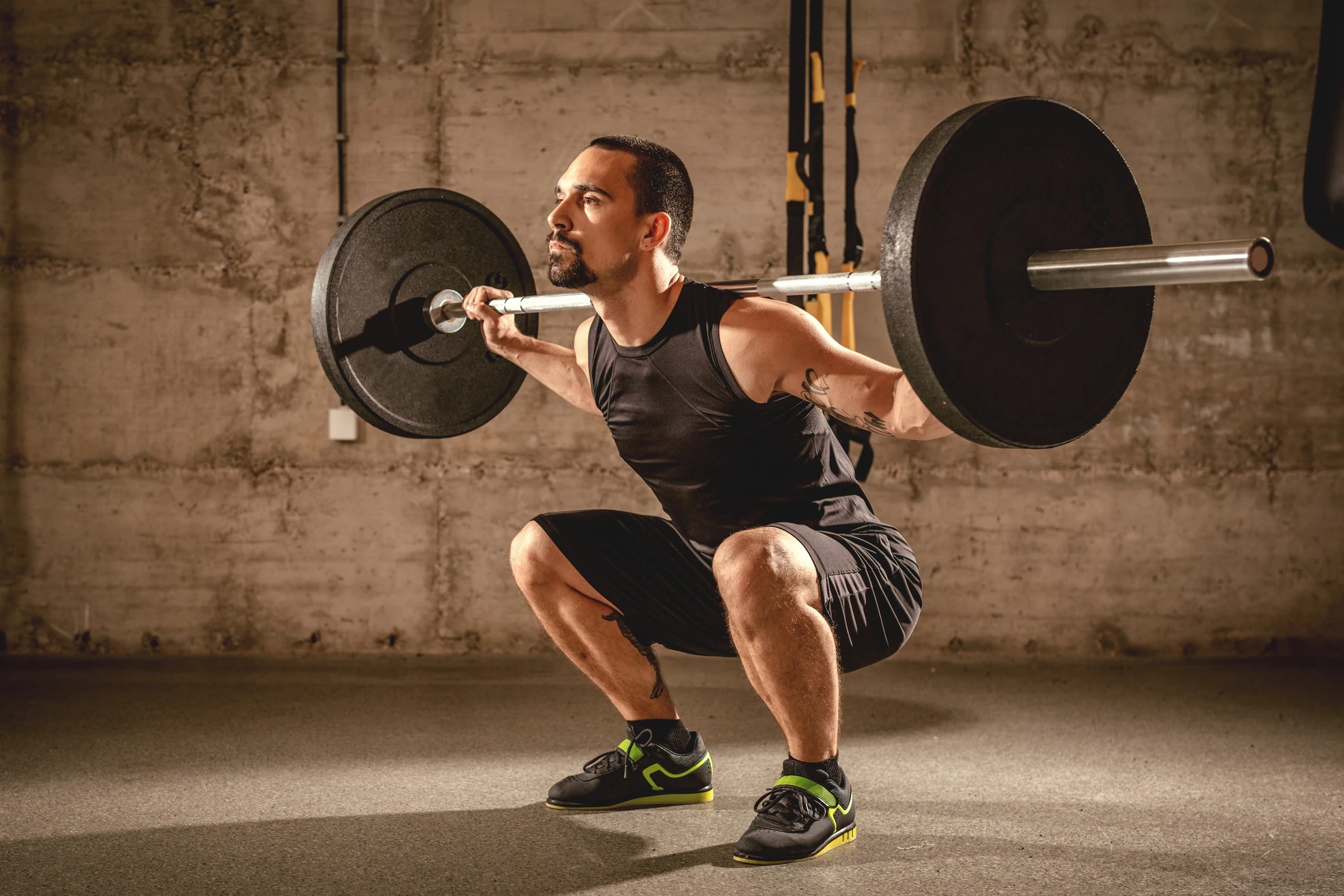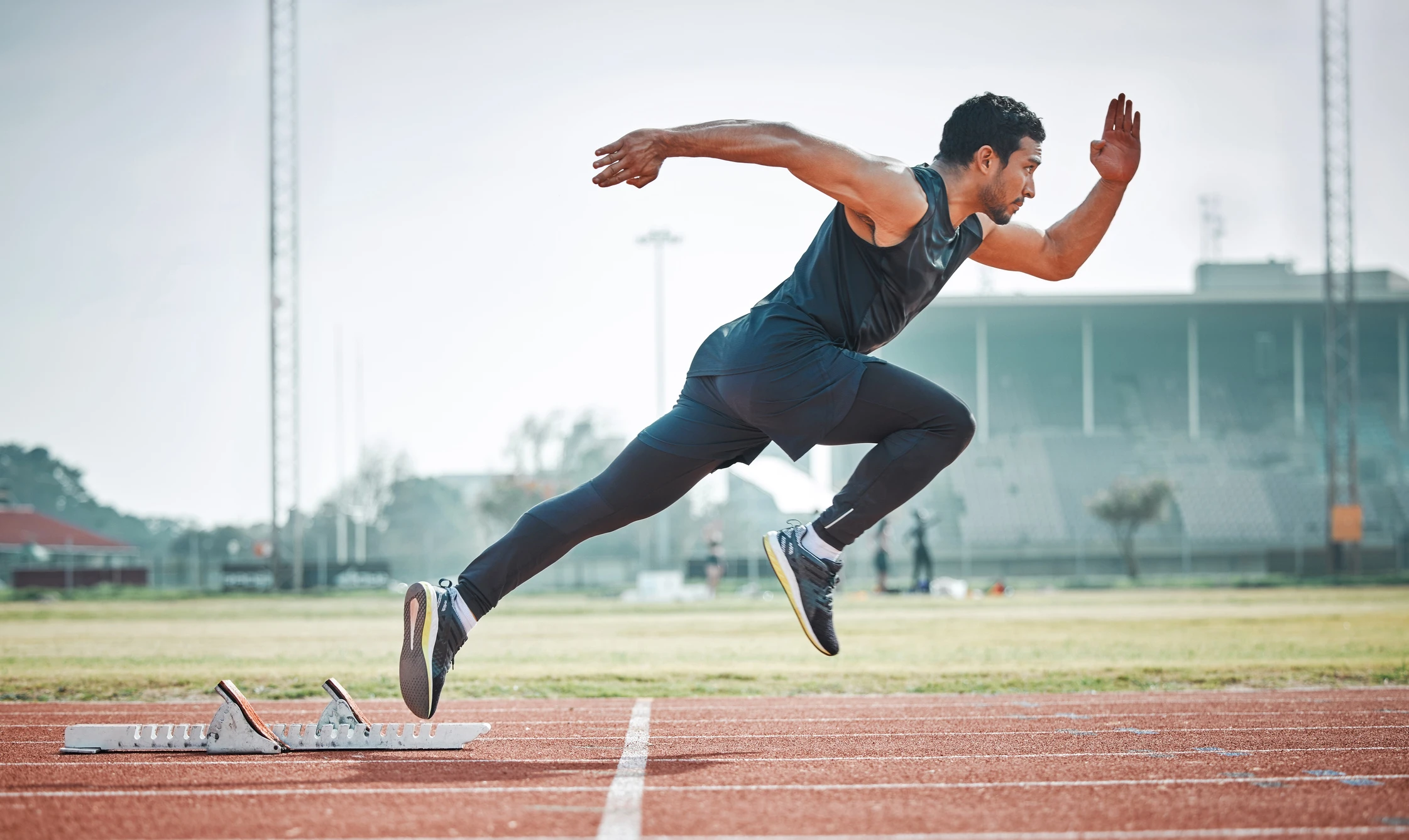
Athletics
5 Benefits of Sports Blood Tests for Athletes
You train hard, eat clean, and push your limits further than most ever dare. But are you truly in tune with your body’s inner engine?
1 min read
Published on
January 17, 2024
Written by
EDGE
Share this article
Sports blood tests are like a pit stop for your body, revealing the hidden factors affecting your performance and recovery, and helping you get back on track. It’s time to drop generic advice and find out exactly what works for you.
Here are 5 ways blood tests can take your athletic game to the next level:
1. Fuelling Your Engine
Think of nutrients like high-octane fuel for your muscles.
Iron, vitamin D, and B vitamins are key players, but are you getting enough? A simple blood test reveals any deficiencies holding you back from peak performance.
Low vitamin D can negatively impact muscle function, injury risk, endurance, and immune health, while low iron can contribute to reduced energy production and oxygen delivery, and reduce recovery times.
The results of your sports blood test will identify which vitamins and minerals your body needs to help improve performance and recovery. Knowing this can help you build your diet plan with confidence you’re fuelling your body with the right foods.
2. Recover Faster
Pushing hard is essential, but overtraining is a silent killer.
Markers like cortisol, Prolactin and creatine kinase show how your body's coping.
Cortisol, the “stress hormone”, can make you alert and focused in the short term, but consistently high levels can lead to a lack of concentration, muscle breakdown and reduced strength.
Cortisol is a nuanced biomarker. Here are some other factors to consider:
Timing: The timing of cortisol spikes matters. A moderate rise just before competition can be beneficial, while chronic elevation or pre-competition surges can be detrimental.
Sport type: The impact of cortisol varies depending on the sport's physical and mental demands. Endurance athletes may be more susceptible to negative effects compared to those in short-burst sports.
Individual variability: Athletes differ in their stress response and cortisol sensitivity. Some athletes may perform better under pressure with higher cortisol, while others may experience significant performance decline.
Consistently monitoring your cortisol levels can help you plan your training for maximum results and keep your performance on an upward trajectory. If you’re feeling you’ve hit a plateau or aren’t quite feeling yourself, a sports blood test can help you find out the cause.
Edge ambassador and duathlon champion Eloise du Luart shares her 5 tips for recovering from a sports injury.
3. Build Muscle Effectively
Building strong muscles takes time, consistency and dedication.
Testosterone is the main hormone related to muscle growth, with good levels contributing to increased muscle growth and strength, and low levels leading to increased recovery times, muscle and strength loss, reduced bone density and fat retention.
What you eat also contributes to your muscle growth, so understanding what your body needs through a sports blood test can help you stay on track.
Our advanced testosterone blood test checks your total and free testosterone levels, as well as other key hormones related to testosterone production and sports performance, such as oestrogen, FSH and LH.
4. Sidestep Injuries
Inflammation markers like hs-CRP are like alarm bells for impending trouble. Catching them early through blood tests means nipping injuries in the bud before they derail your season.
It’s important to keep track of your inflammation to know when you’re overtraining. High inflammation markers could mean you’re not allowing enough time for your body to recover. This can lead to injury if not checked or managed properly.
In women, consistent hard training with a lack of recovery time and energy intake can lead to a condition called Relative Energy Deficiency in Sports - RED-S. RED-S can cause disruptions to your hormones, leading to irregular periods, poor health, reduced bone density (leading to injury), muscle weakness and gastrointestinal problems.
Our RED-S blood test can help female athletes keep track of their hormones both on and off-season.
5. Maintain Health
A quick blood check can help you stay healthy too, allowing you to address any issues with targeted solutions and keep you in the competition..
While performance might be your goal - staying healthy can help with long-term success and happiness. Testing and tracking your immune strength is a great way to know if your diet and training are hurting your health. A consistently strong immune system can increase your resilience and help you maintain your training schedule.
You can ditch the guesswork and get actionable data with our high-quality home blood testing kits.
Regular blood tests make sure that your body is optimised for the training you're throwing at it day after day. Checking nutrition, stress and recovery markers is an integral part of the elite performance environments that I've worked in, whether that's professional triathlon, rugby, boxing or rugby, each sport and every athlete has their own unique requirements. Using biomarkers gives you an unrivalled opportunity to unlock your true potential. - Dr Thom Phillips, Head of Clinical Services
How do sports blood tests work?
Our blood tests for athletes are as easy as a pre-race warmup.
Simply pick the test related to your sport, whether that's running, cycling, CrossFit, weightlifting or triathlons. Once the kit arrives - usually within a couple of days, follow the instructions in the kit to collect a small blood sample and post it back to our labs with the free return postage label.
Within days, you'll have a personalised report from our team of sports medicine doctors, guiding you towards optimal performance and injury prevention.
You can view the results through our app, where you’ll get a detailed breakdown of your results and a comment from our medical team on what they’ve found.
Ready to unlock your peak potential? Order your sports blood test kit today!
Remember, consistent testing is key! A one-off test is great for understanding what’s going on on that particular day or period of training, but tracking your progress over time can show how your training and nutrition tweaks are paying off.
What Our Athletes Think
“I find the information about my blood values at different points in the season very valuable; it helps me guide my training and monitor the training load. Equally my nutritionist, coach and gym coach use this information to better enable them to direct my training. It’s a complete team effort and Edge makes this possible. Plus the test is super quick and easy.”
Harry Tanfield - Road and Track Cyclist - British National Track Champion, Individual Pursuit
“I've been using Edge throughout my race season and it has been extremely helpful in identifying where there are deficiencies and where we can make potential performance improvements. The ease of the home testing kits just makes things so much better. It means we can keep track of all the key biomarkers every month, with quick results.”
Amy Kilpin - Triathlete - Age group champion, Ironman 70.3 South American Champs
“Edge has helped me take out the guesswork on how my body is responding to both training and daily stresses. This objective scientific measure means I know longer worry about how I feel or whether I should or shouldn't do something, as I have the answer from my results.”
Eloise Du-Luart - Triathlon - 2013 Duathlon World Championships, Amateur - Gold/1st
What are biomarkers and what do they check?
When it comes to choosing a sports blood test, you want to be sure it checks the markers that matter. Our tests are tailored to each sport, whether that’s running, cycling or weightlifting. Understanding what biomarkers are and why they’re important can help you pick a test and turn the results into actions.
Which biomarkers are used to track my nutrition?
Nutrition is all about fuelling your body with the right nutrients and macros. But they affect more than just your energy. Having the right vitamins and minerals can help with recovery, reduce the risk of injury and increase your athletic performance. Here are the markers included in our tests that track your nutrition:
- Active B12
- Albumin
- Calcium
- Ferritin
- GGT
- Haemoglobin
- HbA1c
- HDL
- HDL Ratio
- LDL
- Magnesium
- Total Cholesterol
- Triglycerides
- Urea
- Uric acid/urate
- Vitamin D
Which biomarkers are used to track my recovery?
Overtraining can have serious impacts on your performance, recovery and overall health. Not giving your body time or fuel to recover can lead to inflammation, and hormone imbalances and lead to long-term injuries. Here are the biomarkers we test related to your recovery and risk of injury:
- ALT
- Cortisol
- hs-CRP
- Creatinine
- Creatine Kinase
- eGFR
- Ferritin
- WBC
Which biomarkers are used to track my energy?
Energy is the foundation of sports performance. But it’s not just about feeling tired. It’s about how your nutrition is fuelling your body to repair muscle and transport blood around your body, and keeping your hormones balanced through proper rest and recovery. Many different biomarkers are tracked to measure your energy, including vitamin D, B12 and magnesium.
- Vitamin D
- Active B12
- Ferritin
- FSH
- Magnesium
- T3
- T4
- TSH
Which biomarkers are used to check injury prevention?
We want to keep you in the game. By checking markers related to injury, our sports blood tests are your early warning system. You’ll be able to check how your training and diet are impacting your body. These are the markers we test that help you prevent injury and increase longevity:
- Magnesium
- Testosterone
- Oestradiol
- FSH
- LH
- Vitamin D
- Calcium
- ALP
Read Next...
Get expert advice to help you improve your results.
Go to our knowledge center
A Guide to Push, Pull, Legs
Athletics
Get 10% off your first order
Want regular tips on how to make the most of your results? Join our newsletter and we'll give you 10% off your order!

